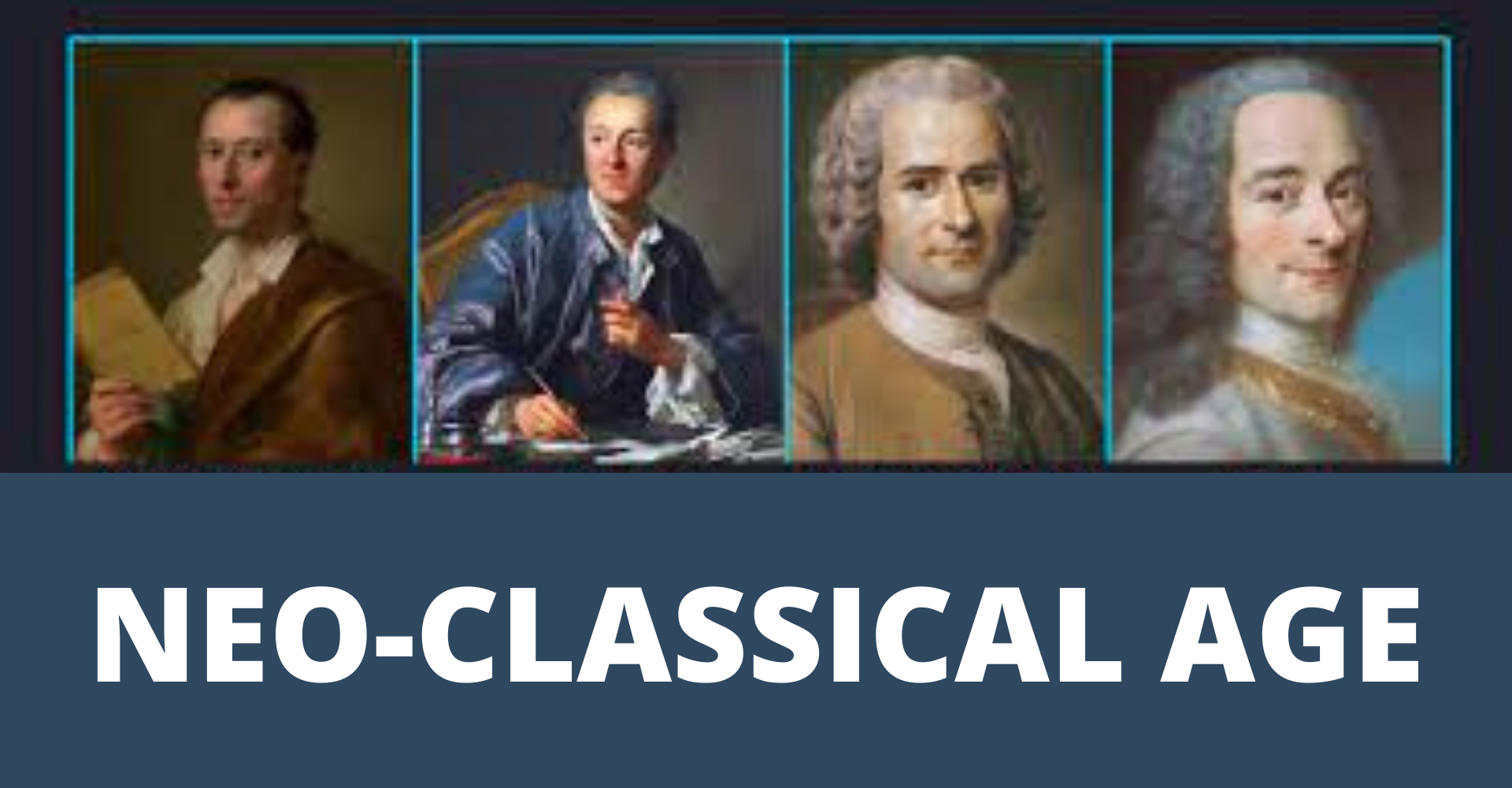In English literature the period from the later half of the 17th century to the end of the 18th century, is called the period of Neo-classicism. In Elizabethan age Sidney and Ben-Jonson were classicists. The general trend of that age was that of romantic excesses and extravagances. A natural relation against thus tendency is seen in the metaphysical poets. True the Elizabethan and the Metaphysical enormously helped towards the evolution of Neo-classicism in England.
Politically the most important factor responsible for this change was the influence of France or English manners of life. Boileau, Rapined and Bossu formulated their theory of poetry based on the authority of Aristotle. The most important thing which the Neo-classicists emphasized was the precept follow nature. In an Essay on criticism Pope says “First Follow Nature and Your Judgement Frame by her Just Standard, Which is Still the Same”.
The other characteristic feature of Neo-classicism are a thorough study of the ancient writers and rigid observance of the rules evolved by them. Correctness they meant, the technical perfection only after getting labour. It is their belief that true fluency ease in writing comes from art not from chance, as they move easiest who have learnt to dance. What is more in 18th century criticism, the critics were very careful in the choice of diction. They believed that the language of poetry should be elevated. This led to the formulation of poetic diction as distinct from the language of prose. The meaning of wit according to Pope is “True Wit in Nature Advantage Dressed, What apt was Thought But Never so Well Expressed”.
Google Ads PPC Training Digital – membership area
An Exclusive Blood Sugar Balancing And Weight Loss
The Neo-classicists were not so slavish followers of the rules as in commonly believed. The traces of independent thinking are perceptible in their writings. The artists were advised to deal with universal truths and general ideas. There was practically no scope for the originality and novelty of thoughts. However, they manifested familiar truths and made them attractive turning out common ideas and places in a neat and pointed language. Further the other striking features of the Neo-classicists were that they were interested not in the display of their private feelings and idiosyncrasies but appealing to the judgement of their audience. The poet’s function was to teach and delight or to give wise instructions and to provide recreation. But their bedrock was clarity and chasteness of expression combined. With smoothness and elegance.
In the poetry of Dryden and Pope what strikes us most is its external character and its limited range of subjects. Literary criticism of this period seems like a well-bred elderly gentlemen but some what with chilling manners. In brief, it can be said without a shadow of doubt that the trends of 18th century criticism were remarkable for its dominance of reason and for its analytic qualities.
PLEASE HELP ME TO REACH 1000 SUBSCRIBER ON MY COOKING YT CHANNEL (CLICK HERE)











